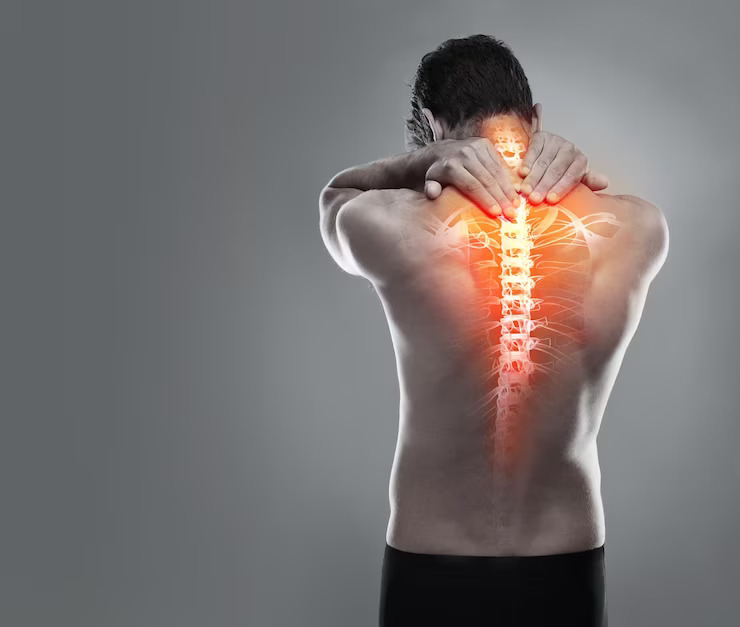Palliative Care For Cancer Pain: Improving Quality Of Life
Cancer pain is a complex and often debilitating aspect of the disease, affecting millions of individuals worldwide. It impacts physical well-being and takes a toll on emotional and psychological health. Palliative care, with its focus on alleviating symptoms and improving quality of life, plays a crucial role in managing cancer pain. In this article, we…










